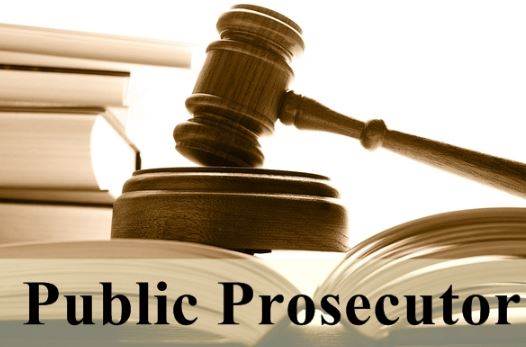
A Public Prosecutor (PP) or Public Prosecutor is a "lawyer/advocate" appointed by the state who contests a criminal trial or criminal case against the state on behalf of the state. "Advocate" in the Indian justice system means a person who has the right to argue, argue or argue on behalf of or against another person in the court. Law has been given the highest importance in India from the very beginning, and thus the place of legalists itself becomes important.
Every public court is appointed by the Central Government or State Government under the CAPC 1972 of the Provision of Section 24 to conduct any prosecution, appeal or judicial proceedings in every High Court or High Court. The state government appoints a public prosecutor in every district. To strengthen the judicial process, more than one Assistant Public Prosecutor can also be appointed in a district.
The functions of a public prosecutor vary according to their designation.
Public Prosecutor- Supervises the work done by Additional Public Prosecutor in the Sessions Court and High Court.
The Chief Prosecutor- Supervises the functions used by the Assistant Public Prosecutor in the Metropolitan Magistrate Court.
Additional Prosecutors- Criminal proceedings in Sessions Court.
Assistant Public Prosecutors- They examine and discharge or discharge the charge sheets prepared by the agencies. He is also responsible for the evaluation of the evidence and the filing of revision petitions. They also conduct criminal proceedings in the Metropolitan Magistrate's court.
Director of Prosecution - This is the head office. They exercise the overall control and supervision of Directorate officials. They also look after the account branches.
So in other words we can state that Assistant Public Prosecutor is a junior post of PP which assist the seniors in legal proceedings or may appear in court hearings on his behalf.